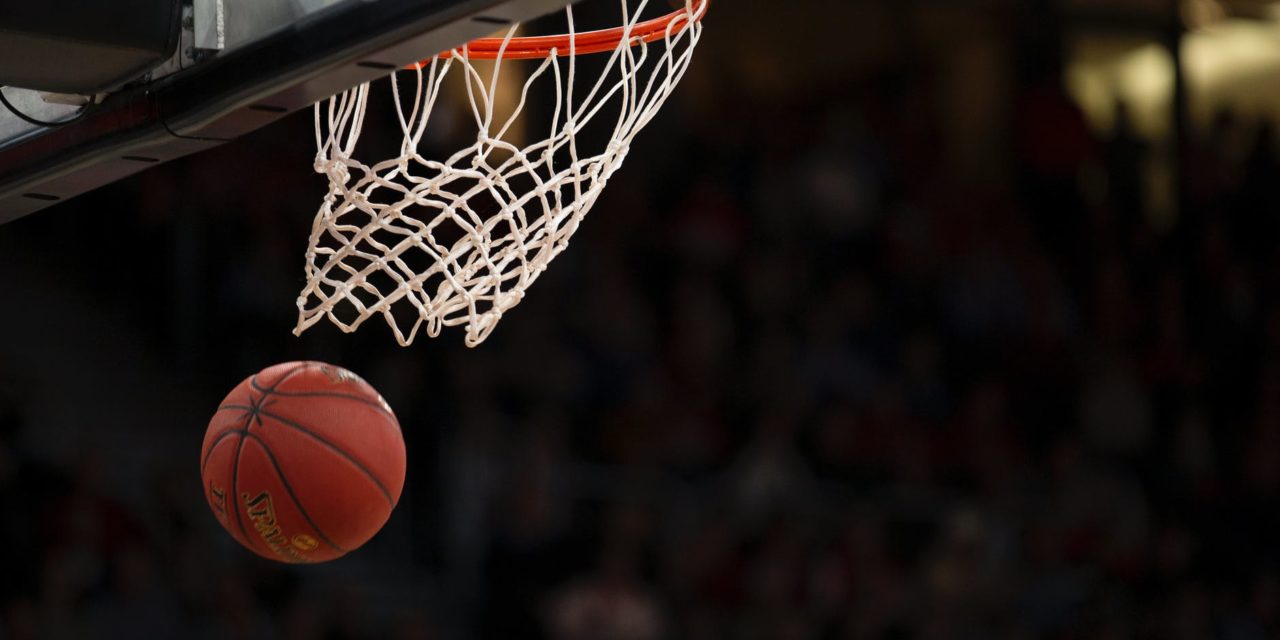Can college athletes handle a new names-image-likeness law?
The bill passed by the California State Assembly looks like the first step toward college athletes making more than the NCAA now allows. Schools could not legally pay their stars beyond the current limits of a college scholarship, but outside vendors would be able to buy the so-called NIL rights of any marketable athlete.
I think that makes perfect sense. For example, Zion Williamson could have earned millions during his one year at Duke if he made TV commercials, got paid for his trading card or even had a shoe contract in college. If that came to pass in an adjustment of the NCAA amateur code, it might work more easily than you think.
Who could begrudge Zion all that after acknowledging he was the most famous and most followed college athlete? His notoriety would mean more money for him — and not the school he played for. Williamson might have made millions while Luke Maye thousands as a true test of their comparative brand values.
If the bill is passed into law in California and other states follow the same avenue, including North Carolina, the NCAA would have to go along or risk handing out sanctions that might mean the collapse of college athletics as we know it. The potential pitfall could be with the chemistry of college teams used to having it one way for years.
Would student athletes who think they are worth more than they are being offered cause problems on their teams? If they scored more touchdowns or baskets, does their value sky rocket to a lucrative endorsement? It would be something else for the coaches to handle, and most could. They already have egos to manage.
If the NBA Players Association ends the one-and-done rule in 2022, the new NIL law set to go into effect the next year shouldn’t be much of a problem at all. The big-name stars would already be on NBA teams and making endorsement money the old-fashioned way. So it would be how much dough a Coby White makes compared to a Maye, or any other star on the team. Maybe the NCAA compromise would be that any money earned from NIL contracts had to go into an escrow bank account, only to be accessed when the player left school.
Either way, it won’t be a very big deal, so to speak, if and when it does happen.
Podcast: Play in new window | Download
Subscribe:
Related Stories
‹
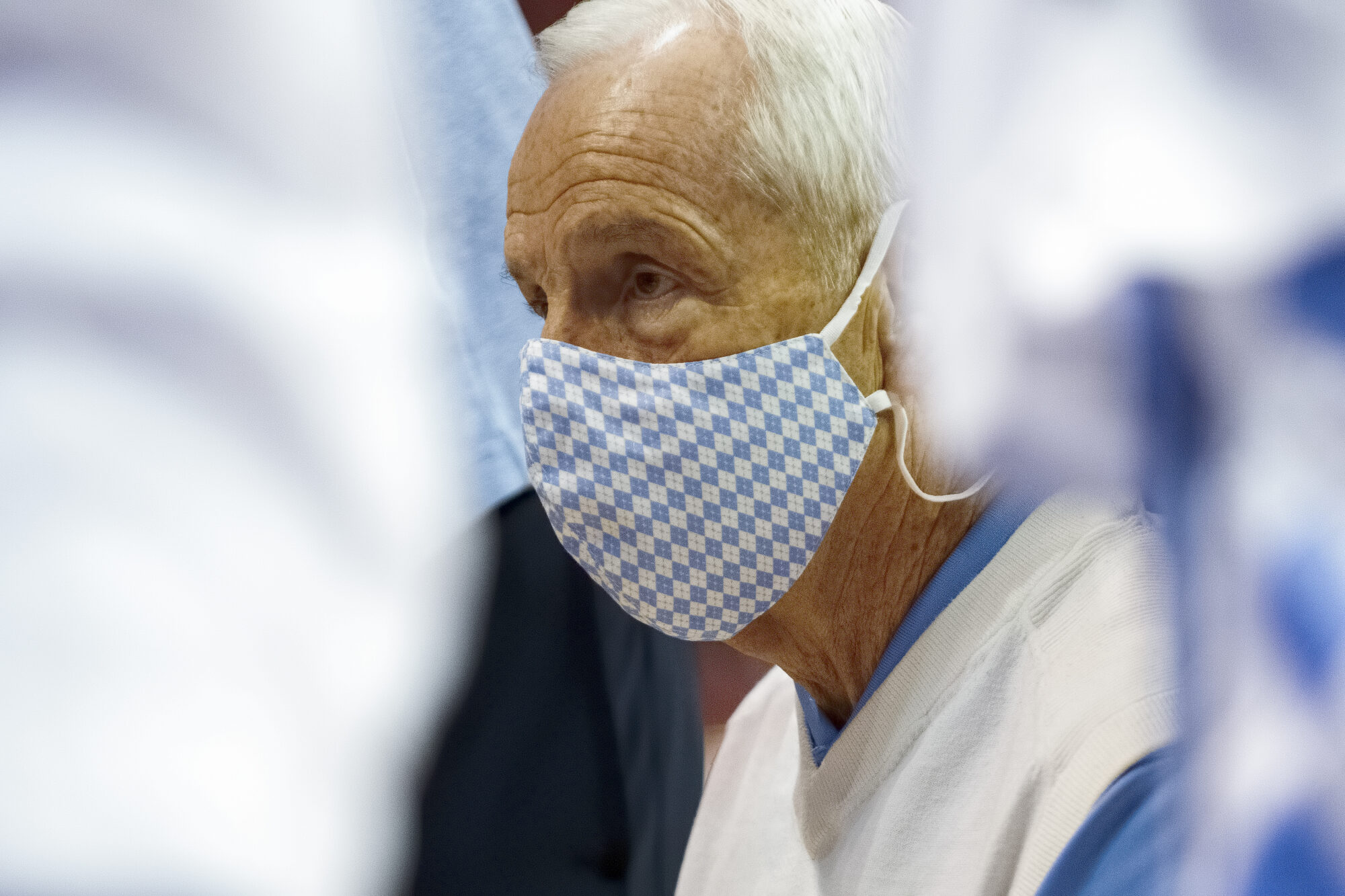
Chansky's Notebook: Bailing OutRoy Williams probably had reasons for the soft statements. Carolina fans reacted strongly to the video of a team party after the win over Duke. Only Armando Bacot and Day’Ron Sharpe were in the video, but a statement from players and managers said it was supposed to be a closed event that other students and […]
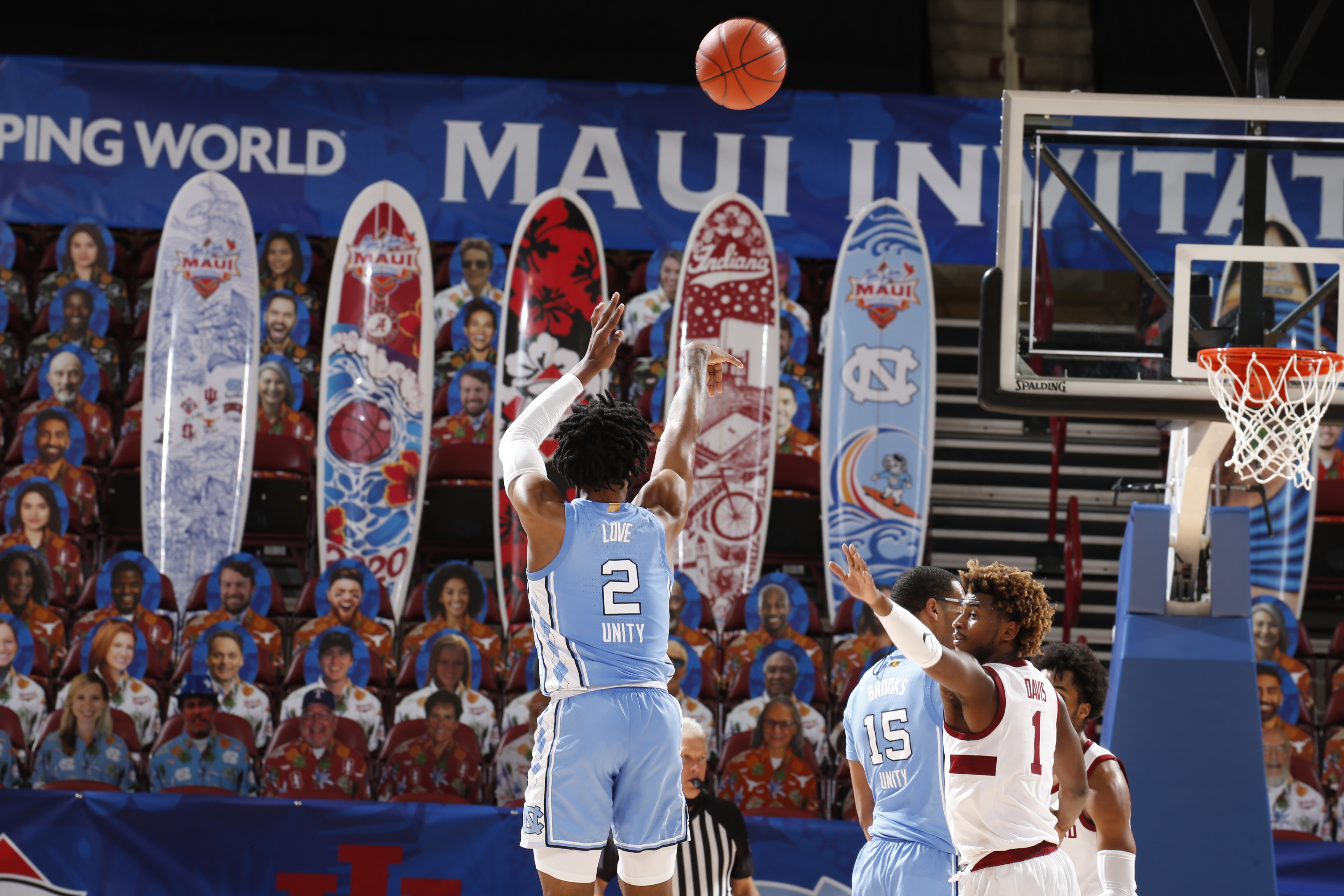
Chansky's Notebook: Please, Go In!UNC men's basketball faces what is an early season must-win at Georgia Tech. Art Chansky says a look at the statistics is painful, but not terminal.

Chansky's Notebook: Leaky Steps UpDean Smith used to say he’ll be happy with a one-point win. The legendary UNC basketball coach struggled spiritually between playing well according to his teachings, regardless of outcome, and winning no matter how poorly you play. Since his job was to win and he was so competitive, he chose the latter. If he was […]
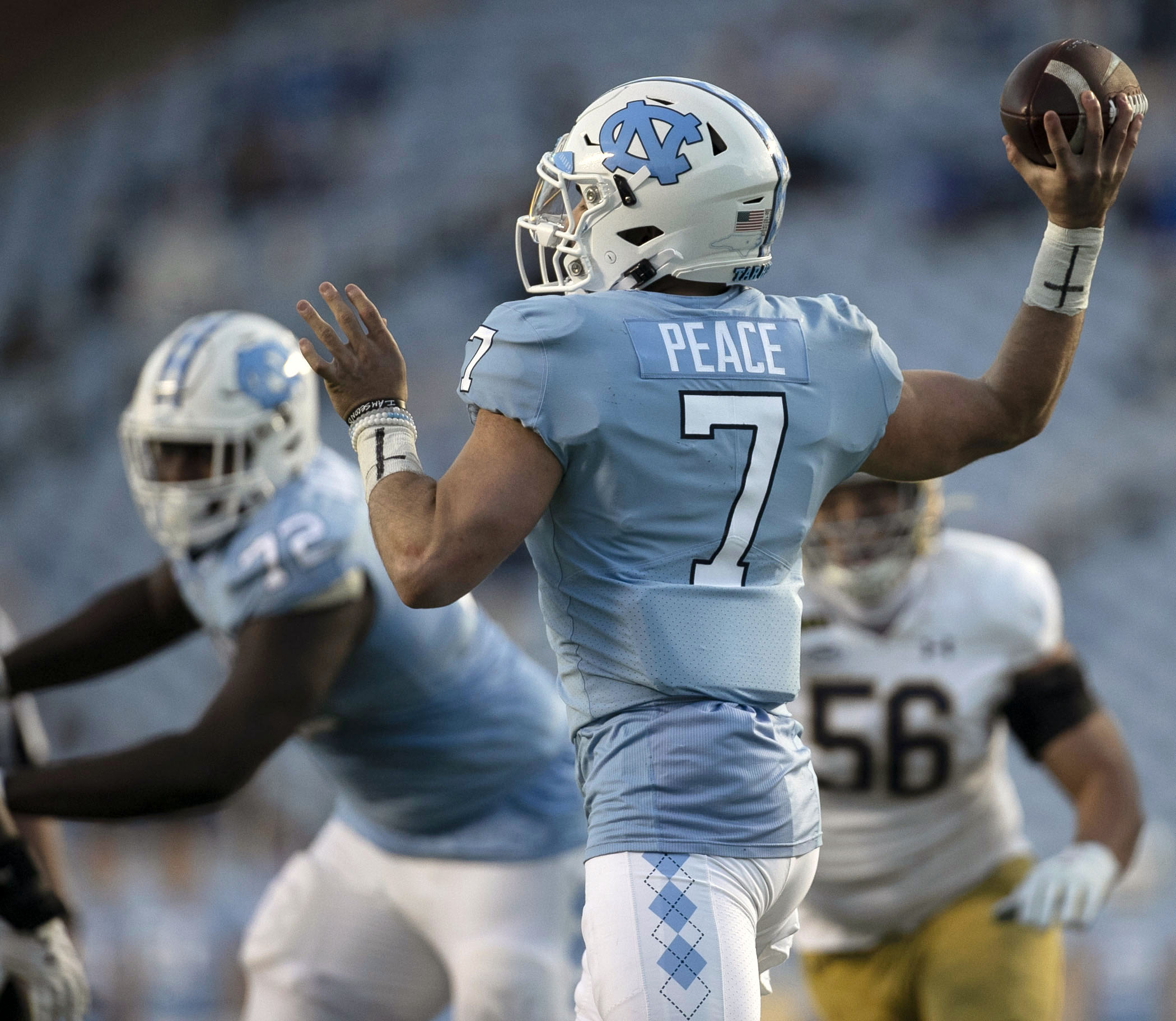
Chansky's Notebook: Rock(et) StarBen Kiernan was UNC’s MVP of the Notre Dame game. When Mack Brown went over the 31-17 loss, he gave mixed reviews to the two main branches of his Tar Heels’ play. He said the offense was good in the first half and then “went dead” in a scoreless second half. He praised the Tar […]
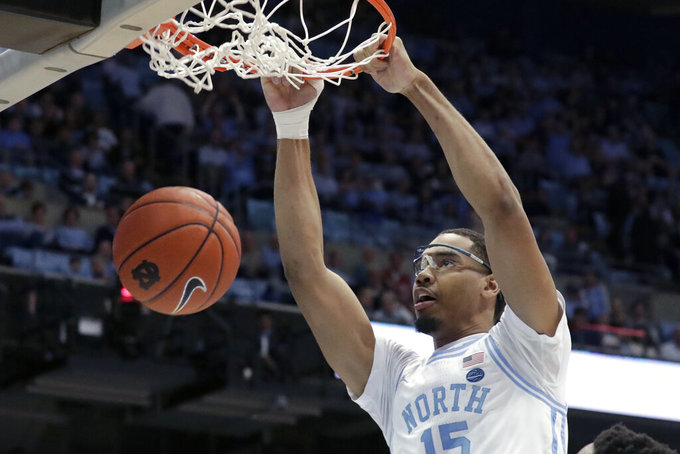
Chansky's Notebook: Goals and AmbitionsGarrison Brooks has both opportunity and pressure. On paper, the ACC looks as weak as it has been in some time due to widespread losses to graduation and early departures to the NBA, and no sure-shot superstars in the incoming recruiting classes. A beneficiary of this development is Brooks, the Carolina senior who was second-team All-ACC last year and earned the league’s […]
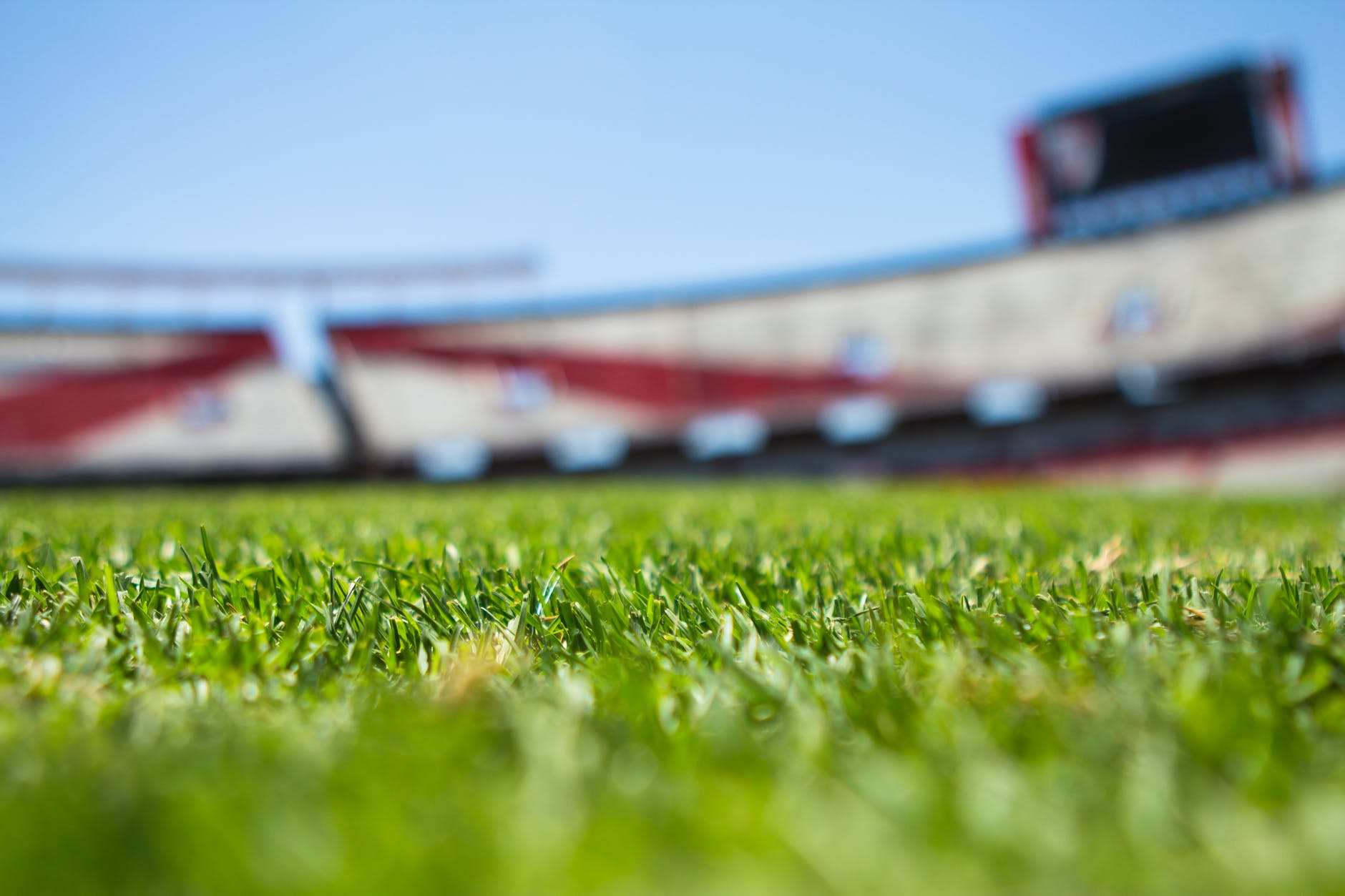
Chansky's Notebook: A COVID DebateClemson was livid that Florida State wouldn’t play the game. Let’s be lawyers, and make a case for each of the teams that did not play its scheduled game over the weekend. Clemson had traveled to Florida State when it learned a player with mild symptoms who had practiced with the team all week tested […]

Chansky's Notebook: Draft DodgersCarolina and Duke players have lost ground in the NBA draft. Like everything else with sports in the COVID era, the NBA draft goes off tonight after being postponed for five months. And if you look at the various mock draft boards, certain things jump off your screen. First of all, about half the names […]

Chansky's Notebook: A Two-Thirds Bet?What if Phil Mickelson and Mack Brown amended their bet? With the Masters being moved back to this weekend due to COVID, perhaps the three-time champion should revisit the fun bet he made with Carolina’s football coach back in 2003. The famed lefthander was still seeking his first Green Jacket when he partnered with the Texas football coach at the […]
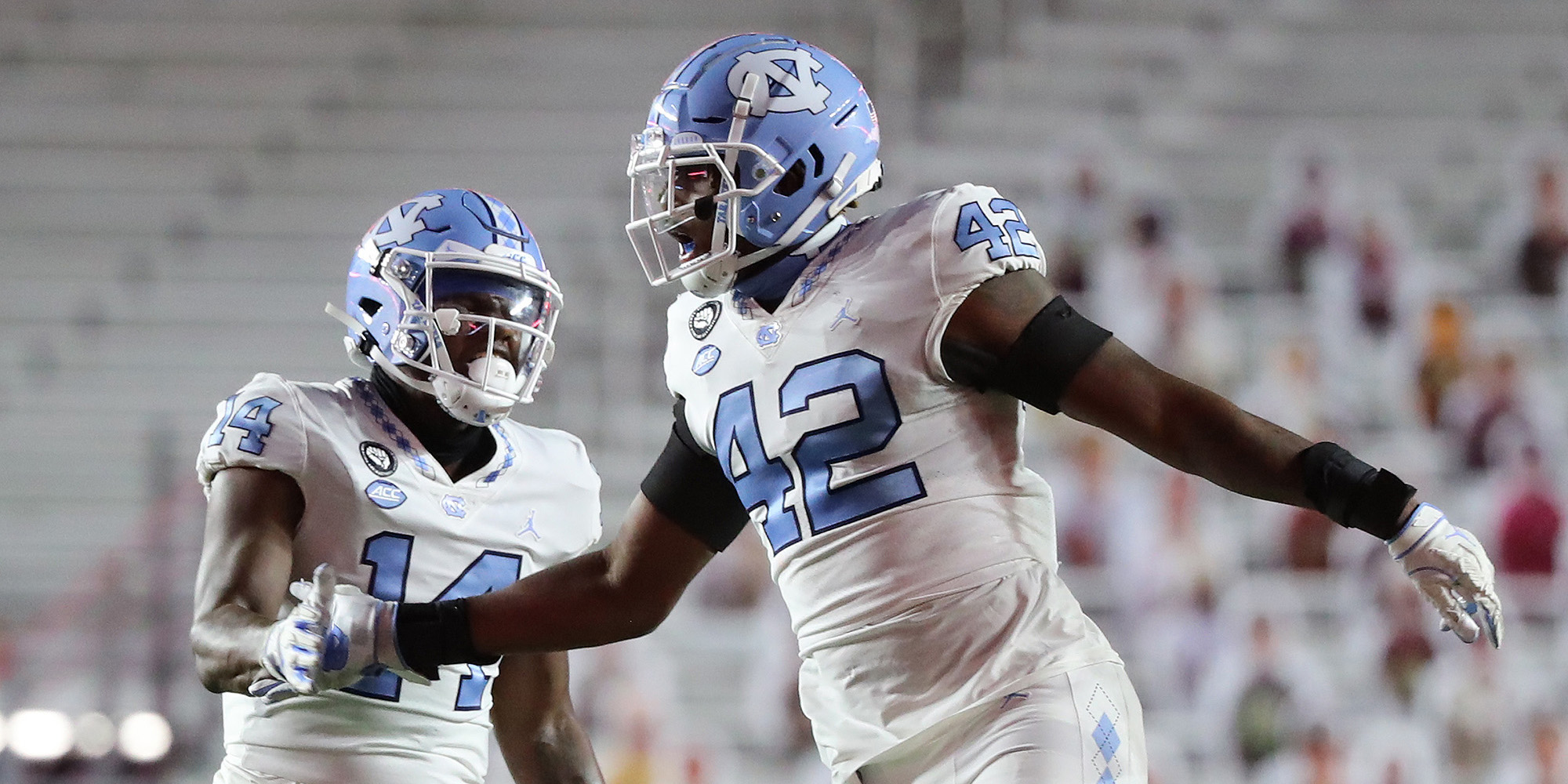
Chansky's Notebook: Kudos To CarolinaUNC teams did a commendable job beating the odds. Who among us thought the ACC would be playing football and other fall sports last summer? With the pandemic upon us and the medical experts still learning, the seasons looked like a long shot. While other conferences pumped the breaks and/or called off football, the ACC […]

Chansky's Notebook: Extra MotivationCarolina’s schedule could be working to its advantage. When the COVID-revised list of games came out, it looked troublesome for the Tar Heels with Virginia Tech and Florida State basically bookending Notre Dame and Miami with four rivalry games in a row right in the middle. Coaches usually don’t like that because it takes a […]
›

